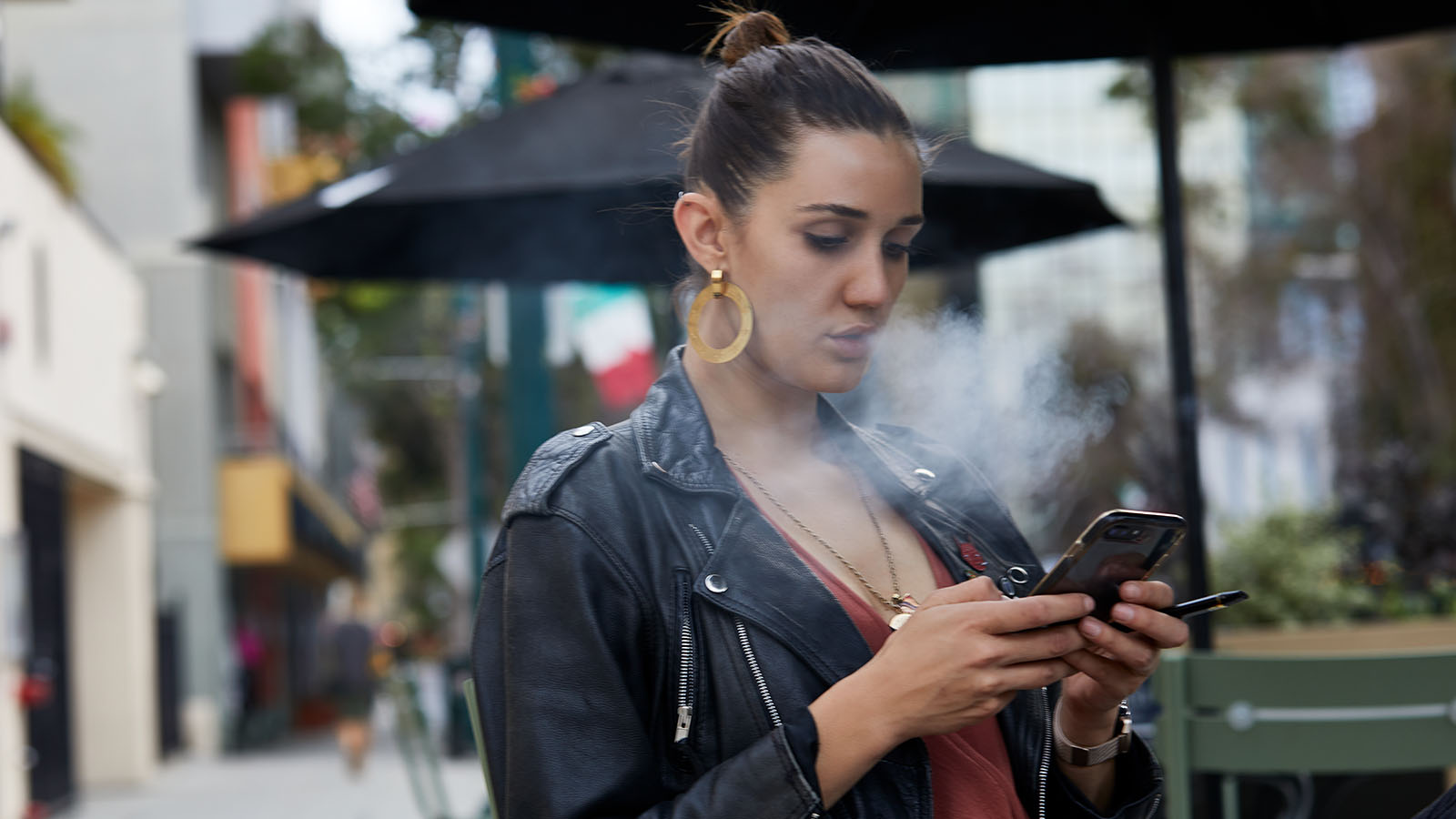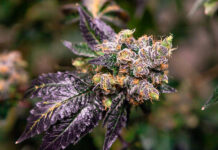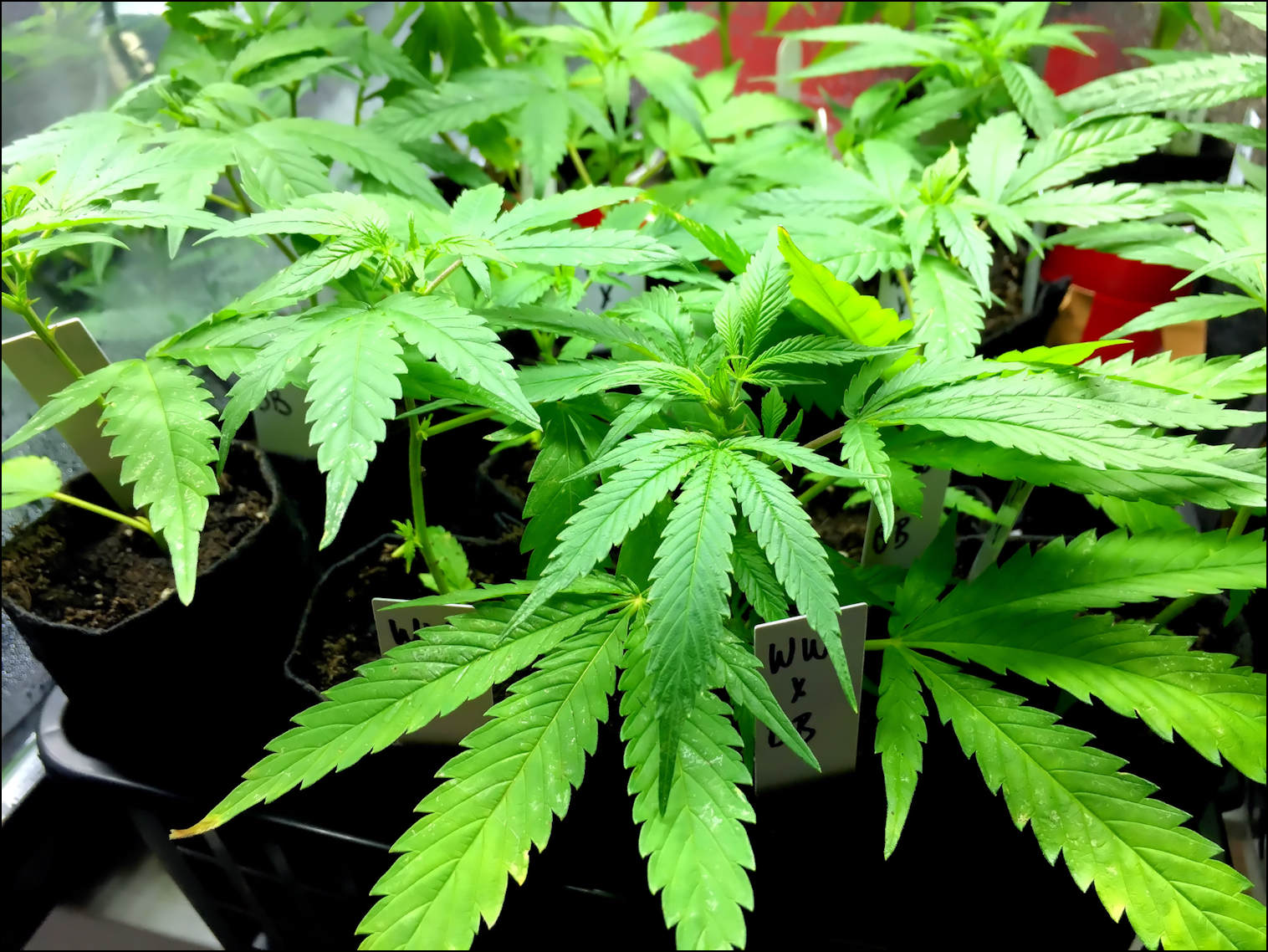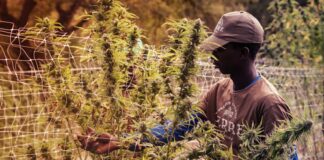Every year during March Break, hundreds of high-school students from Ontario pile into cars and buses and cross the provincial border into Quebec.
This annual quasi-pilgrimage has as much to do with the province’s relaxed drinking laws as it does with the appeal of the province itself, and in particular the city of Montreal. The lower drinking age, 18, coupled with the generally European character of big cities, such as Montreal and Quebec City, has given Quebec a reputation as a more permissive province, tolerant towards vice in a way that the rest of Canada isn’t.
So it might be somewhat surprising that Quebec has recently started the process of bumping up the age of majority for marijuana consumption to 21, the highest in the country, as part of a broader clampdown on cannabis use provincewide.
On Dec. 5, 2018, the newly elected conservative Coalition Avenir Québec (CAQ) government tabled a bill that would rewrite the cannabis laws in la belle province, a nickname for Quebec meaning “the beautiful province.” In addition to bumping up the legal age to buy cannabis from 18 to 21 — effectively going from the youngest legal age in Canada to the oldest — the law would prohibit smoking cannabis in public, anywhere.
The law was sold, primarily, as a youth protection measure. “I want to send a clear message to all young people. Please, don’t use pot. It’s not good, it’s dangerous,” said Premier François Legault, in a statement to reporters in Montreal after the bill was introduced in the provincial legislature on Dec. 5, 2018.
Some Oppose Measure to Increase Consumption Age
The move has drawn criticism from various directions. Several doctors signed on to a statement from the Quebec Association for Public Health (ASPQ), the province’s public health agency, opposing the move.
One of the doctors, Jean-Sébastien Fallu, said that the permissiveness towards alcohol and relative prudishness towards cannabis is backward. He told the Canadian Broadcasting Corp.: “If we are worried about our kids, we should first of all address alcohol,” he said. “It’s way more dangerous than cannabis.”
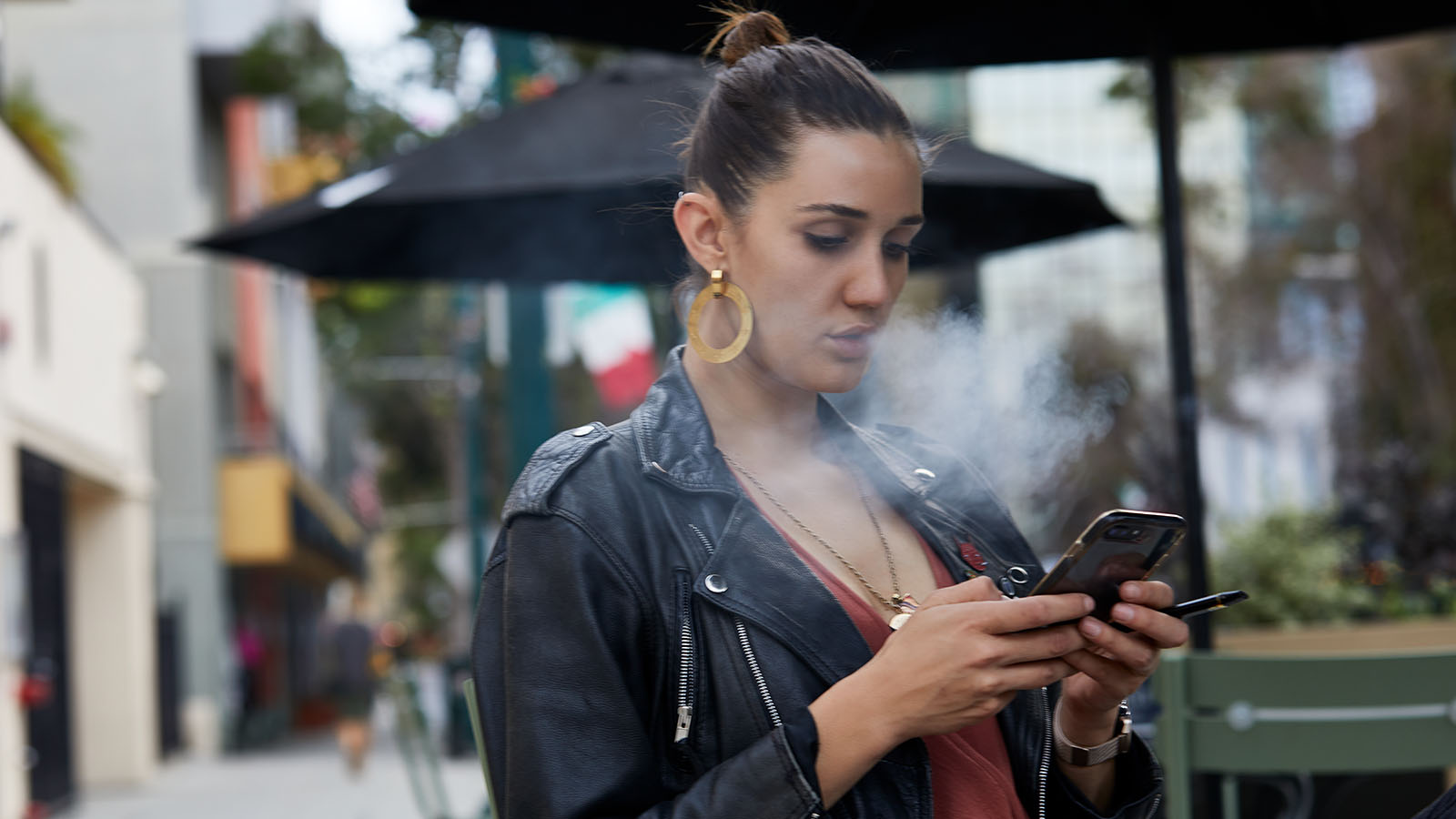
The province of Quebec has a reputation among Canadians for permissive policies toward vices like alcohol and cigarettes. That permissiveness doesn’t extend toward cannabis, though. Quebec, which established the minimum age for marijuana sales and consumption to 18, a year younger than all other provinces and territories except Alberta, is moving to raise the minimum age to 21 — the highest in Canada.
The cannabis industry has also criticized the move as redundant. “Making cannabis illegal for Quebecers aged 18 to 21 will not prevent them from consuming it,” wrote Terry Lake, vice president of corporate social responsibility for Quebec-based cannabis producer Hexo, in the Montreal newspaper La Presse.
Interestingly, the move puts Montreal once again at odds with the rest of the province, Kira London-Nadeau, a researcher with Students for Sensible Drug Policy, told Weedmaps News. “Montreal is higher, in terms of actual use” than the rest of Quebec — to be expected for a major urban center. But, she said, compared with Toronto, Montreal’s cannabis culture remains a bit fractured. “Toronto is much more industry-focused and developed in terms of cannabis,” she said. “Montreal [is] not as centralized and boxed in a clean way.”
While the bill hasn’t become law yet, the CAQ has a majority in Quebec’s legislature, so there’s nothing that, legislatively, can really be done to stop them. It’s a reminder of the fact that Quebec has so far been, “a wary partner in federal legalization,” journalist Robert Everett-Green wrote Oct. 19, 2018, in the Globe and Mail.
Quebec Remains Skeptical of Cannabis in Legalization Era
Though the move might seem surprising, it’s in keeping with the province’s broader societal perspective toward marijuana. In contrast to Quebec’s permissive approach to alcohol — the Quebec non-profit organization Éduc’alcool say that most young people in the province have their first drink around age 12 in the home, where they learn that “alcohol consumption is something that enhances the pleasure of being together” — marijuana use is less accepted outside of major cities.
The measure, though it remains popular in Quebec, still goes against the grain of Quebec’s reputation throughout the rest of the country as a more socially liberal province.
“Quebec is the province where we have the least amount of support for legalization,” London-Nadeau said. “It’s also, interestingly, the province where we have a higher social acceptability for tobacco than cannabis. We’re usually towards the bottom in terms of [cannabis] use.” Indeed, a Statistics Canada study in April 2018 found that only 10 percent of Quebecers smoked cannabis, the only province below the national average of 14 percent.
Skepticism towards cannabis is often the norm throughout much of Quebec, especially outside of Montreal. “The marijuana trade was one of the stakes in the Biker Wars of the late 1990s,” Everett-Green wrote in the Globe and Mail article, referring to the deadly 1990s turf war between the Hell’s Angels and the biker gang Rock Machine. That, he argued, “cast a shadow of violence and terror over the banal transactions that supplied ordinary folk with their cannabis. It may be that the shadow still affects the opinions of those opposing legalized cannabis, whose views can be surprisingly moralistic.”
Across the board, Quebec has generally taken an approach to cannabis regulation that seems intended not only to control illegal or underage use, as is the general intent of federal legislation, but to also push back against the normalization of cannabis. Most cannabis-related imagery, be it on a bong or a T-shirt or a grinder, is now illegal to sell in Quebec. In the rest of the country, similar restrictions on visual displays are largely limited to cannabis producers and advertising, but in Quebec it means that any product displaying a cannabis leaf is illegal. Quebec is also one of the few provinces in the country where cannabis can’t be grown at home, which the federal government allows.
The bill to raise the legal age hasn’t become law yet, but given the CAQ’s majority in Quebec’s National Assembly, there’s nothing standing in the government’s way. Add it all together — the new age limit, the restrictions on consumption, and the ban on visual cannabis paraphernalia — Quebec’s attitudes towards cannabis start to come into focus. Quebec’s government has been consistently skeptical of cannabis and the broader project of legalization.
That, London-Nadeau said, is really the bureaucratic expression of a tendency, particularly in the largely French-speaking rural areas of Quebec, to stigmatize marijuana use and a resistance to treat marijuana similarly to alcohol and tobacco, both in terms of regulations and social acceptability.
That difference is present at a level as fundamental as the language, which so often serves as a projection of Quebec’s self-differentiation. “If you say pot in English, it’s an informal way of referring to cannabis,” she said. “If you say ‘pot smokers,’ it’s not as bad a connotation as if you say it in French. Just the word ‘pot,’ in French, has much more negative connotations to it.”


